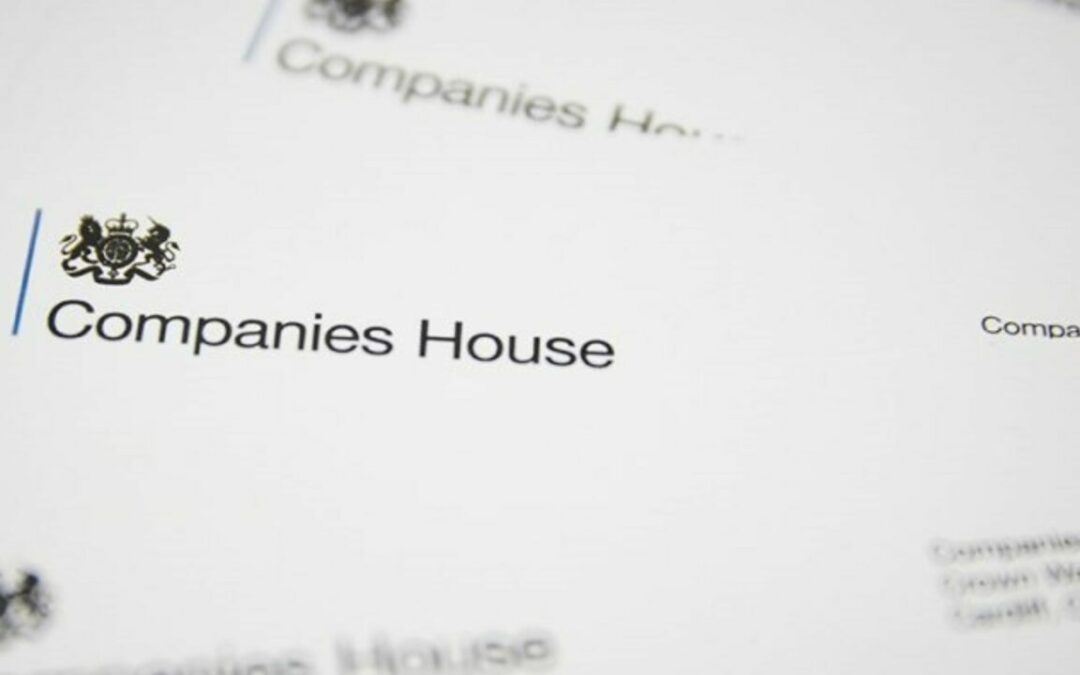A guide from Whittaker & Co to help limited company owners understand VAT registration, schemes, rates, and compliance for smooth business operations.
Understanding VAT (Value Added Tax) regulations is important for limited company owners. At Whittaker & Co., we know these rules can seem complicated. But with the right help, you can stay compliant and even find financial benefits. Here’s a guide to help you manage VAT in your business.
What is VAT?
VAT (Value Added Tax) is charged on the value added to goods and services during production and distribution.
When Do You Need to Register?
If your company’s taxable turnover is over £90,000, you must register for VAT with HM Revenue and Customs (HMRC).
VAT Schemes
You can choose a VAT scheme that suits your business. Here are the most common options:
- Flat Rate Scheme: Pay a fixed percentage of your turnover. It’s simple and easy to manage.
- Annual Accounting Scheme: Make advance payments for VAT, which helps with cash flow and reduces VAT returns.
- Cash Accounting Scheme: Pay VAT based on your cash flow. It’s useful if your income varies.
- Accrual Scheme: Pay VAT based on the date your sales invoices are raised. You are also able to claim the VAT back on date of your purchase invoices.
Registering for VAT
If your turnover goes over the threshold, you must register with HMRC. You can do this yourself or we can guide you through the process to make sure everything runs smoothly.
VAT Rates and Exemptions
It’s important to know the right VAT rates for your goods and services:
- Standard Rate: 20% (most goods and services).
- Reduced Rate: 5% (e.g. some energy-saving products).
- Zero Rate: Some goods and services are zero-rated.
Some items may also be VAT-exempt.
VAT Returns and Record-Keeping
You must submit VAT returns every three months. Good record-keeping is essential for accurate reporting and compliance. We can help you set up effective record-keeping practices.
Ensuring VAT Compliance
Staying compliant involves more than filing forms. Key steps include:
- Staying informed on VAT updates.
- Monitoring transactions.
- Seeking expert advice.
VAT and International Trade
If you trade internationally, VAT rules can be more complex. Important areas include:
- VAT on imports and exports.
- Intra-community transactions within the EU.
At Whittaker & Co, we’re here to help you manage VAT effectively, so you can focus on growing your business. Contact us today for expert advice and support.
If you have any questions or need assistance, contact us today for expert advice and support.
How VAT works: Overview – GOV.UK (www.gov.uk)
Visit our News Hub for the latest – News – Whittaker & Co (whittakerandco.com)
info@whittakerandco.com
+44 (0) 1686 610662






